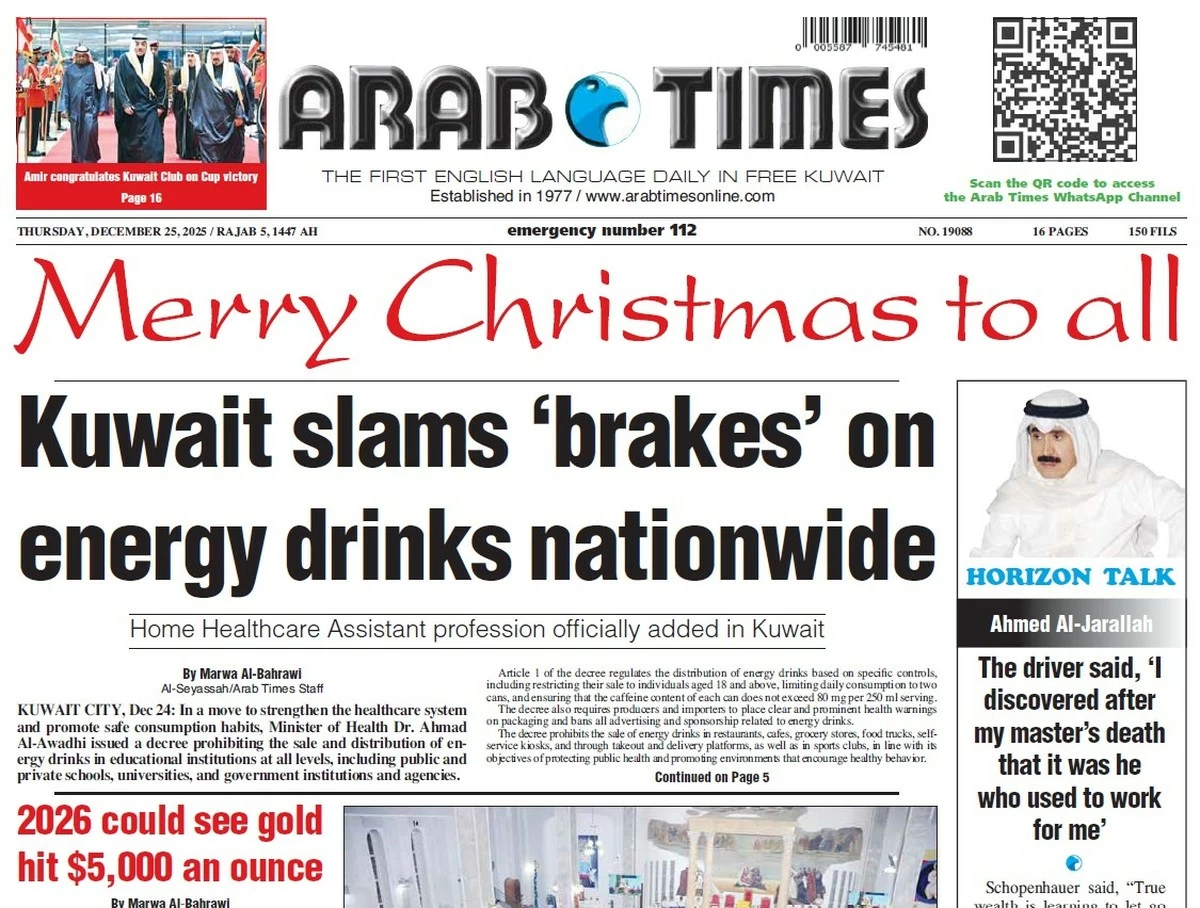29/07/2018
29/07/2018
KUWAIT CITY, July 29: As part of its continuous efforts to organize work procedures in the private and oil sectors, the Public Authority for Manpower (PAM) issued administrative decision number 552 specifying places where women are allowed to work at night (12 activities), reports Al- Anba daily.


